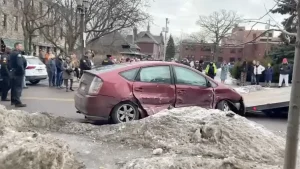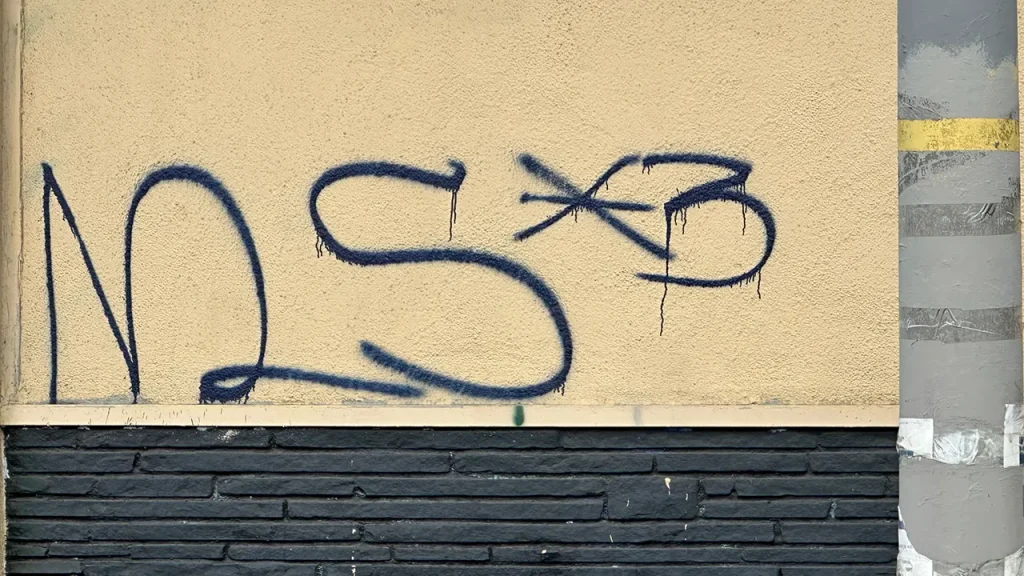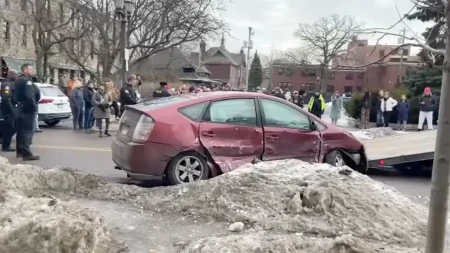MS-13 Gang Members Found Guilty in Los Angeles Murder Spree
In a significant breakthrough against organized crime, five members of the notorious MS-13 gang have been convicted for their involvement in a series of brutal murders around Los Angeles. The verdicts, delivered after a nine-week trial, highlight the ongoing efforts by law enforcement to dismantle one of America’s most violent criminal organizations. Walter Chavez Larin (26), Roberto Alejandro Corado Ortiz (30), Edwin Martinez (28), Bryan Alexander Rosales Arias (28), and his brother Erick Eduardo Rosales Arias (27) were all found guilty of participating in the gangland killings that targeted both rival gang members and their own associates who violated gang rules. The brutal nature of these crimes—which involved baseball bats, machetes, knives, and firearms—underscores the extreme violence that has become MS-13’s hallmark.
The trial revealed the disturbing methods used by the gang members to eliminate their targets. Many victims were lured to remote locations in the Angeles National Forest or mountainous areas near Malibu, where they were beaten, stabbed, or shot before their bodies were disposed of, sometimes by throwing them off cliffs. The particularly gruesome details emerged during testimony, including an incident where gang members attempted to decapitate one victim who had falsely claimed a leadership position within MS-13. In another case, teenage girls were used to lure a suspected rival gang member to his death, where he was kidnapped, strangled, beaten with a baseball bat, and stabbed before his body was thrown off a cliff. The calculated nature of these killings demonstrates the gang’s organizational structure and commitment to enforcing their internal rules through extreme violence.
The convictions specifically addressed at least six murders committed between 2017 and 2019. Edwin Martinez was found guilty of three VICAR (Violent Crimes in Aid of Racketeering) murders, including the killing of a gym-goer mistaken for a rival gang member, an MS-13 associate who violated gang rules by using methamphetamine, and a homeless man targeted simply for having a tattoo believed to be associated with the rival 18th Street gang. Chavez and Corado were each convicted of two counts of VICAR murder, while the Rosales brothers were each found guilty of one count. All these killings served the gang’s purpose of eliminating perceived threats or enforcing internal discipline, highlighting how MS-13 uses murder as a tool to maintain control and instill fear both within their ranks and in the communities where they operate.
First Assistant United States Attorney Bill Essayli expressed gratitude to the jury for their swift guilty verdicts, describing MS-13 as a “terrorist organization” that must be eliminated from the United States. This characterization reflects the Justice Department’s increasingly aggressive stance toward the gang, which has origins in El Salvador but has established a significant presence across America. The successful prosecution represents a major victory for law enforcement agencies working to combat gang violence in Los Angeles County, where MS-13 has been responsible for numerous violent crimes that have terrorized communities. The joint efforts of federal, state, and local authorities demonstrate a coordinated approach to dismantling criminal organizations that operate across jurisdictional boundaries.
U.S. Attorney General Pam Bondi emphasized the “urgency of destroying MS-13,” stating that under the current administration, the gang can no longer “unleash terror on the American people with impunity.” This strong language reflects the priority placed on targeting MS-13, which has been designated as a transnational criminal organization. Los Angeles County District Attorney Nathan J. Hochman also noted the “unimaginable suffering” the gang has inflicted on victims and their families in local communities. These statements highlight the significance of this case not just as individual prosecutions but as part of a broader strategy to combat organized crime and gang violence that disproportionately affects vulnerable communities.
While the guilty verdicts represent a significant step toward justice for the victims and their families, the sentencing hearing is not scheduled until July 2026, illustrating the often lengthy process of prosecuting complex racketeering cases. The defendants face potential life sentences for their crimes, which would effectively remove these particular MS-13 members from society permanently. However, law enforcement officials acknowledge that the fight against MS-13 continues beyond this case, as the gang’s network extends throughout the United States and Central America. The successful prosecution sends a strong message that violent gang activity will be met with the full force of the law, but the broader challenge remains to address the social and economic factors that contribute to gang recruitment and violence in affected communities.











